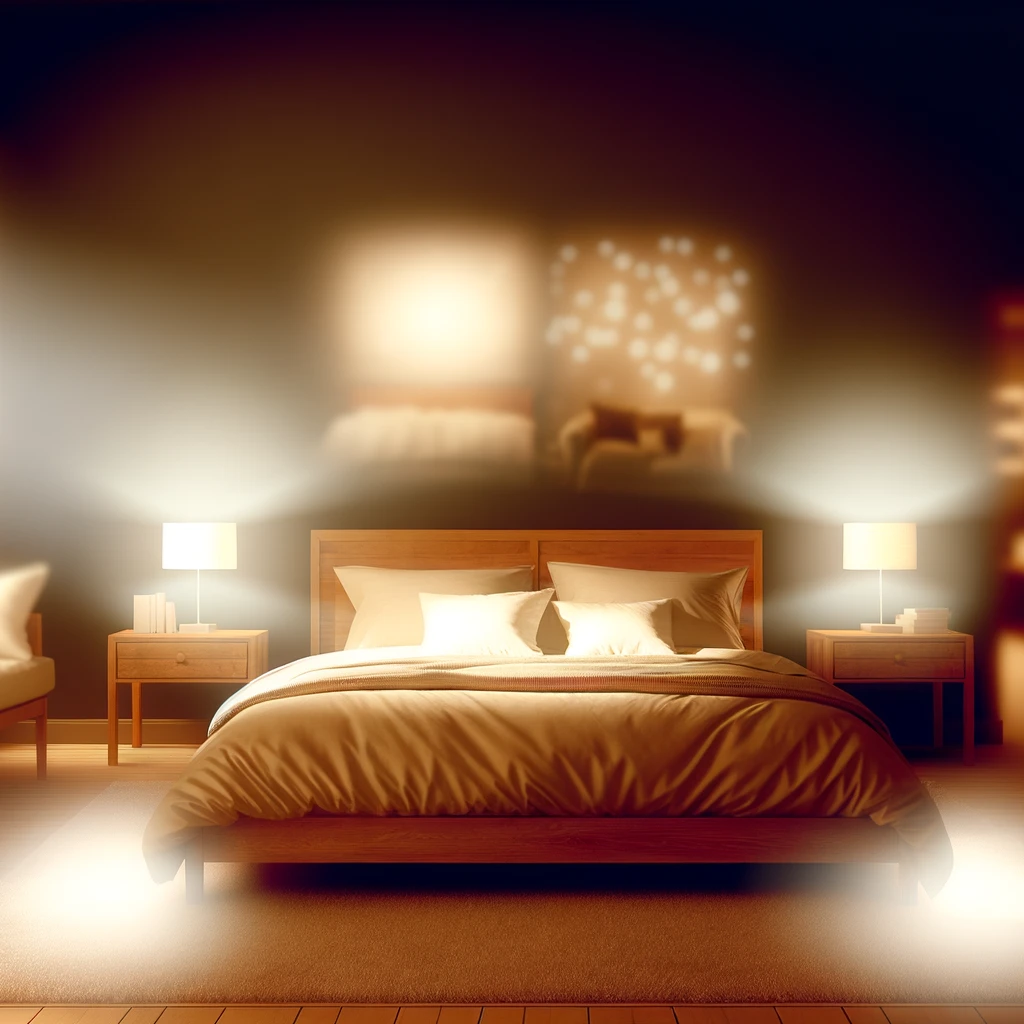Related Articles










Sleep is a fundamental component of human health and well-being, yet it remains one of the most misunderstood aspects of our daily lives. With a plethora of myths and misconceptions surrounding sleep, it's crucial to differentiate fact from fiction to enhance our sleep quality and overall health. In this article, we'll explore some of the most common sleep myths and provide evidence-based insights to debunk them.
Many people believe that they can make up for lost sleep by sleeping in on weekends. However, research shows that this practice may not be as beneficial as it seems. Sleep debt accumulates when we consistently get less sleep than needed, and while sleeping longer on weekends may provide temporary relief, it doesn't fully compensate for the accumulated deficit.
Maintaining a consistent sleep schedule is vital for regulating the body's internal clock, also known as the circadian rhythm. Disrupting this rhythm by varying sleep times can lead to circadian misalignment, affecting mood, cognitive function, and overall health.
The idea that everyone requires exactly eight hours of sleep each night is a widespread misconception. Sleep needs vary based on several factors, including age, lifestyle, and individual health conditions. While the Centers for Disease Control and Prevention (CDC) suggests that adults need 7-9 hours of sleep, personal requirements can differ.
It's essential to listen to your body and observe how you feel after different amounts of sleep. If you wake up feeling refreshed and alert, you're likely getting enough sleep for your needs.
Many perceive snoring as a benign annoyance, but it can sometimes indicate a more serious condition known as obstructive sleep apnea (OSA). This disorder causes repeated interruptions in breathing during sleep, leading to a range of health problems, including cardiovascular issues and daytime fatigue.
If snoring is accompanied by gasping, choking, or observed pauses in breathing, it's advisable to consult a healthcare professional to rule out sleep apnea.
While alcohol may initially induce drowsiness, it disrupts the sleep cycle, leading to poorer sleep quality. Alcohol affects the rapid eye movement (REM) stage, which is crucial for memory consolidation and emotional regulation.
Instead of relying on alcohol, consider establishing a relaxing bedtime routine. Practices like reading, taking a warm bath, or engaging in relaxation techniques such as deep breathing can promote better sleep.
Napping often gets a bad reputation, but when done correctly, it can recharge your energy and improve cognitive function. The key is to keep naps short—ideally 20-30 minutes—to avoid entering deeper sleep stages that can lead to grogginess, known as sleep inertia.
Strategically timed naps can enhance performance and alertness, making them a valuable tool for those experiencing sleep deprivation or needing an afternoon pick-me-up.
Understanding the truths behind these common sleep myths can lead to healthier sleep habits and improved well-being. By adopting evidence-based strategies and being mindful of your body's unique sleep needs, you can enhance your sleep quality and overall health. Always remember, if sleep issues persist, seeking guidance from a healthcare professional is a prudent step.